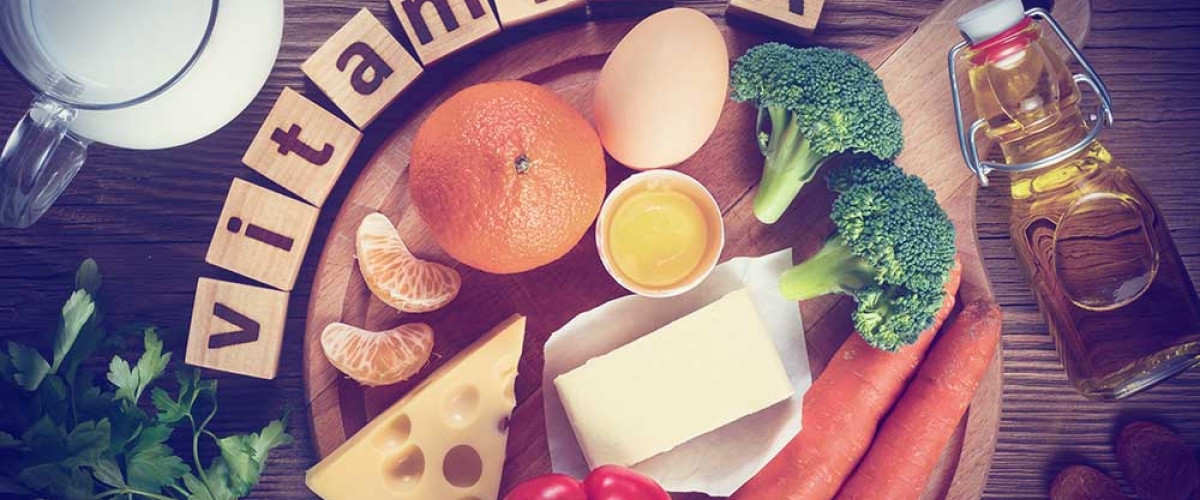The immune system is significantly complex in its physiology and functionality. Maintaining homeostasis involves an intricate interaction between the innate and adaptive immune systems, and the cells, receptors, molecules and chemical substances that comprise these systems.1
This complexity also extends to the impact of many factors on immune function, including diet and nutritional status, lifestyle, physical activity levels, age, stress, microbiome composition, and
physiological and genetic variability.2-4
A review published in 2013 examined the potential for PEA in being deployed for influenza, the common cold and other respiratory infections. The results cited in this review offer an interesting viewpoint for the potential of PEA in cold and flu season.
Improve child immune health with a combination of probiotics and vitamin C.
The immune systems of children undergo tremendous change and maturation in the first years of life and are extremely sensitive to both exogenous and endogenous signalling.
Flavonoids such as quercetin and essential nutrients including vitamin A are often overlooked when supporting children’s immune health.
Research indicates Vitamin D deficiency leaves athletes at higher risk of upper respiratory illness.
Pregnancy; it's one of those times in your life you do not want to get sick! Largely because 'normal' treatments are off-limits. So - what can women turn safely to?
A robust systematic review and meta-analysis has revealed regular vitamin D supplementation is strongly protective against acute respiratory infections (ARIs), including colds and flu.














